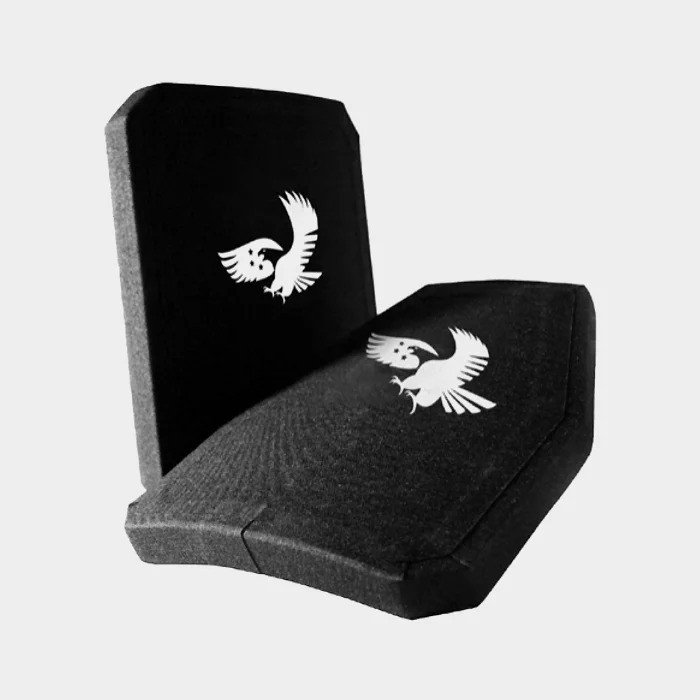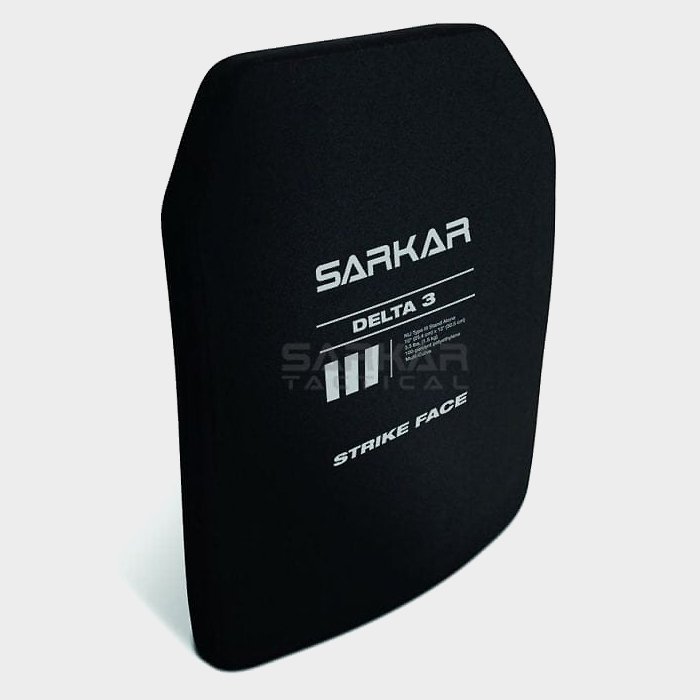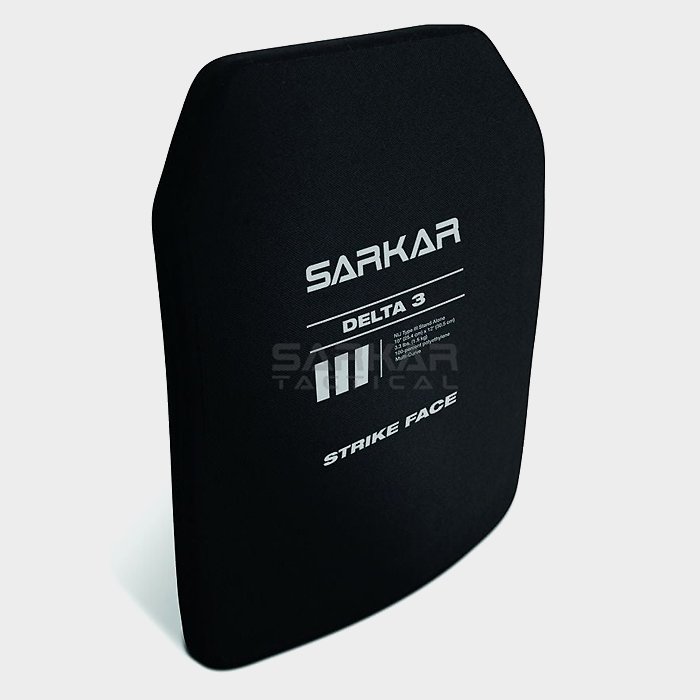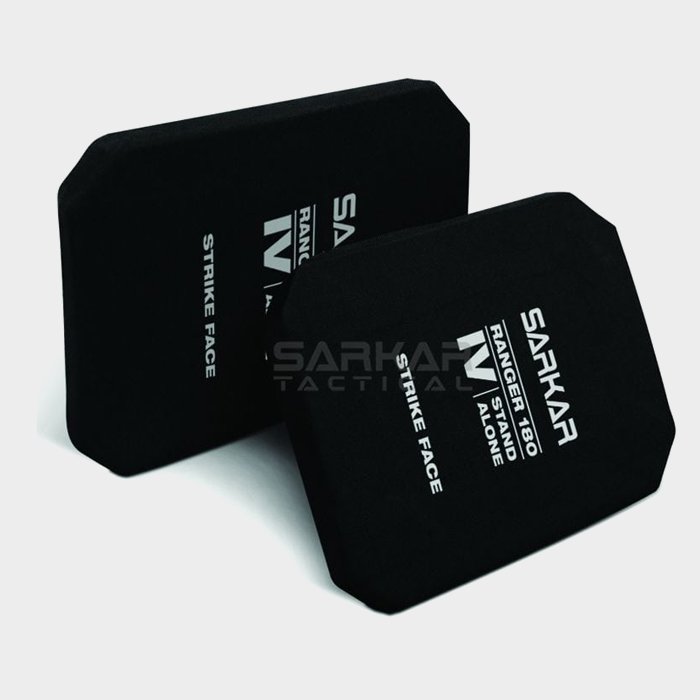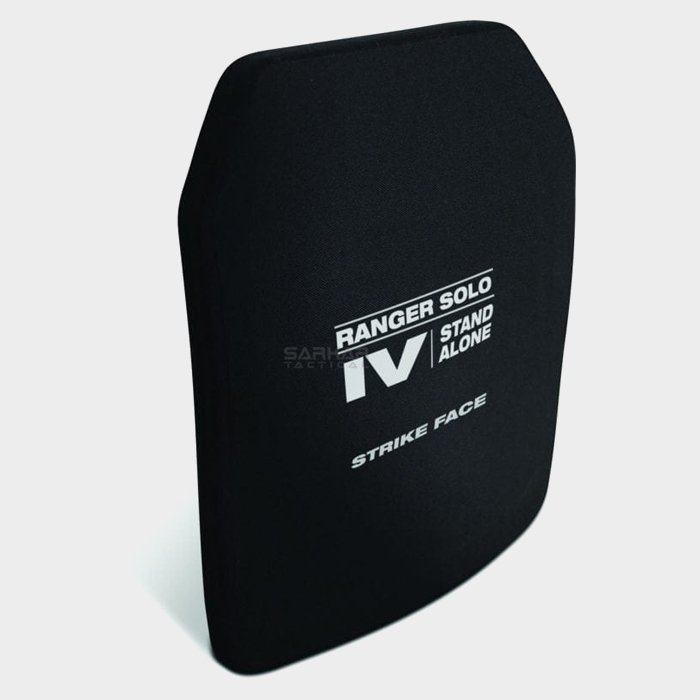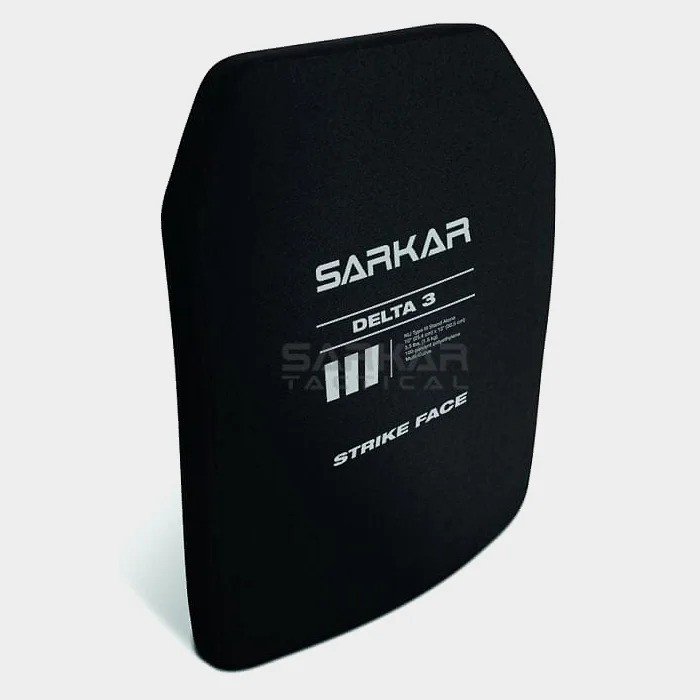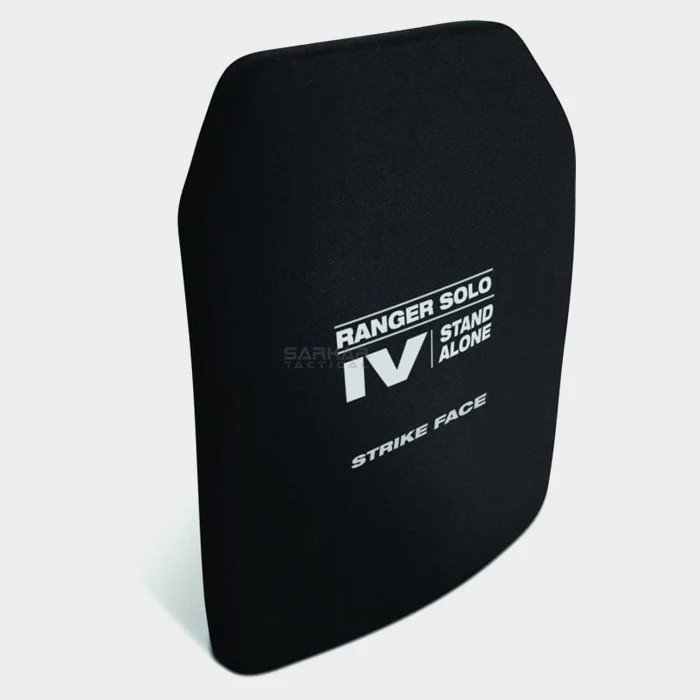What are the Different Levels of Body Armour: NIJ Protection Levels
There are a range of different levels of protective body armour. Each plate, or vest, is designed for a different purpose.
To decide which level of body armour you require, you must understand each level. The NIJ levels of protection are a standard set to define what each level of body armour is designed to stop. By following NIJ standards, and equipping yourself with NIJ standard gear, you can ensure you are using the correct armour in the right circumstances.
In this comprehensive guide from the body armour manufacturers at Sarkar Tactical, we explain each level of body armour. This will help you decide which one you require, or just understand the various protection levels.
Table of Contents
- National Institute of Justice Protection Levels (NIJ)
- NIJ Level IIA
- NIJ Level II
- NIJ Level IIIA
- NIJ Level III
- NIJ Level IV
- Body Armour Levels Chart
- Conclusion: The Different Levels of Body Armour
- Find NIJ Level Certified Armour at Sarkar Tactical
National Institute of Justice Protection Levels (NIJ)
The National Institute of Justice (NIJ) is an agency within the U.S. Department of Justice. It is dedicated to advancing scientific research, development, and evaluation in the field of criminal justice.
One critical aspect of their work is the establishment of standards for body armour or ballistic-resistant vests used by militaries and police.
NIJ Protection Levels are a standardised framework. These levels categorise body armour based on its ability to provide protection against various ballistics. These protection levels are crucial in determining the specific capabilities and intended use of different types of body armour.
Levelled body armour is generally used in plate carriers or bulletproof vests. Find out more about what a plate carrier is, how to set up a plate carrier, or what bulletproof vests are made of.
NIJ Level IIA
Soft, Concealable
NIJ Level IIA body armour is designed to mitigate the impact of certain handgun ammunition. It can provide defence against lower-velocity ammunition commonly found in typical handgun calibres.
While NIJ Level IIA offers protection against various handgun rounds, it’s important to note that it might not provide defence against higher-velocity or larger-calibre firearms.
What Does Level IIA Protect Against?
Level IIA can provide protection against handgun rounds, such as:
- 9mm FMJ (Full Metal Jacket) rounds
- .40 Smith & Wesson FMJ rounds
- .45 ACP FMJ rounds
NIJ Level II (NIJ HG1)
Soft, Concealable
NIJ Level II body armour provides increased defence against a wider range of handgun threats compared to Level IIA. It can offer protection against various low-velocity handgun rounds. Similarly to Level II body armour, this is also still relatively flexible and lightweight. This means it can be easily concealed.
What Does Level II Protect Against?
Level II can provide protection against rounds such as:
- 9mm FMJ rounds
- .357 Magnum JSP rounds
- .40 Smith & Wesson FMJ rounds
- .45 ACP FMJ rounds
NIJ Level IIIA (NIJ HG2)
Soft, All-round, Concealable
NIJ Level IIIA body armour provides protection against a wider spectrum of ballistic threats compared to IIA and II. It effectively defends against various handgun ammunition. Additionally, NIJ Level IIIA body armour offers protection against blunt trauma from impacts. This reduces the risk of injury from blows or falls.
What Does Level IIIA Protect Against?
This level is designed to resist:
- 9mm FMJ rounds
- .357 SIG FMJ FN rounds
- .44 Magnum SJHP rounds
View our full guide to level 3a armour plates.
NIJ Level III (NIJ RF1)
Hard, Rifle Defence
NIJ Level III body armour defends against rifle rounds and high-velocity ammunition. This is a broad spectrum of ballistic threats that lower levels can protect against. NIJ Level III body armour provides wearers with crucial protection against higher-velocity ballistic threats that surpass handgun ammunition.
What Does Level III Protect Against?
Level III body armour can protect against:
- 7.62mm FMJ rounds
- 5.56mm NATO FMJ rounds
- .308 Winchester FMJ rounds
Learn more about 3a armor plates.
NIJ Level IV (NIJ RF3)
Hard, High Velocity Rifle Defence
NIJ Level IV represents the highest level within the NIJ standards for body armour. It provides maximum protection against the most potent ballistic threats. NIJ Level IV body armour is engineered to withstand high-powered rifle ammunition and armour-piercing rounds.
What Does Level IV Protect Against?
This level offers protection against:
- .30-06 M2AP rounds
- 7.62mm NATO AP rounds
- .300 Winchester Magnum AP round
Find out everything you need to know about what level 4 plates can stop.
Body Armour Levels Chart
Here is the current body armour levels chart from the NIJ:Threat Level Table
| Former Threat Level | New Threat Level | Notes |
|---|---|---|
| NIJ Level II | NIJ HG1 | HG = handgun |
| NIJ Level IIIA | NIJ HG2 | |
| NIJ Level III | NIJ RF1 | RF = rifle |
| NIJ RF2 | NIJ RF2 is a new intermediate rifle protection level that includes all the threats at the NIJ RF1 protection level plus an additional threat | |
| NIJ Level IV | NIJ RF3 |
Conclusion: The Different Levels of Body Armour
The National Institute of Justice (NIJ) Protection Levels delineate a crucial hierarchy of defence against ballistic threats. From the foundational protection of Level IIA, up to Level IV, each level has different protective capabilities. Understanding these levels is not just about the technical specifications of body armour. It’s about making informed decisions that could potentially safeguard lives in combat situations.Find NIJ Level Certified Armour at Sarkar Tactical
Looking for tactical body armour? Explore Sarkar Tactical’s range of NIJ level certified armour. We design, craft, test, and supply all of our equipment, including helmets, armour, EOD and demining equipment, and tactical communications gear. View our range of tactical vests, plate carriers, or ballistic armour plates. Alternatively, learn how we test our armour, or explore our blog section.Related Articles
- What are Bulletproof Vests Made of?
- How to set up a Plate Carrier
- What is a Plate Carrier?
- What is Tactical Gear?
- The Full Guide to Protective Armour

